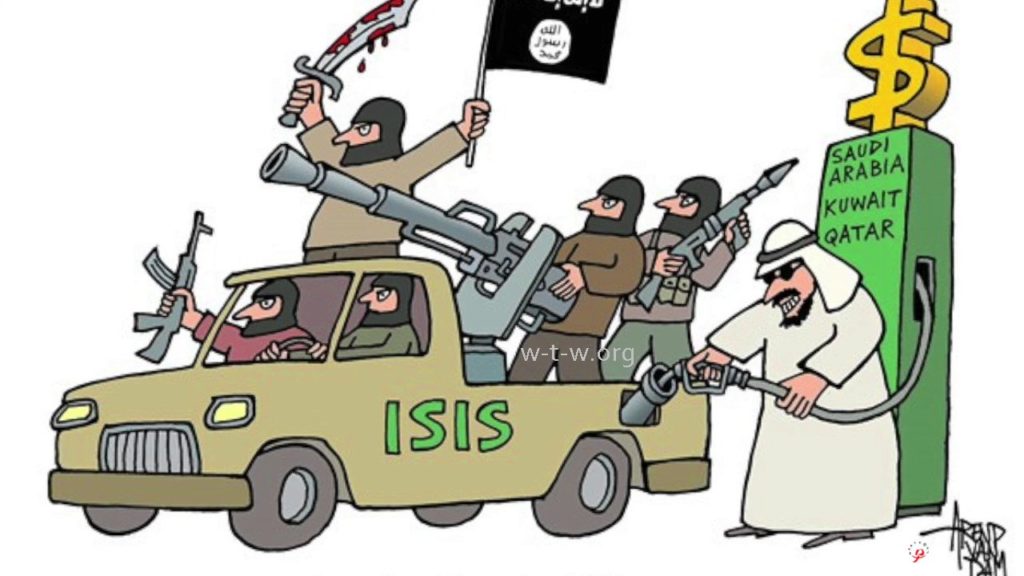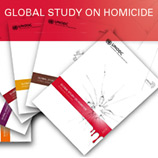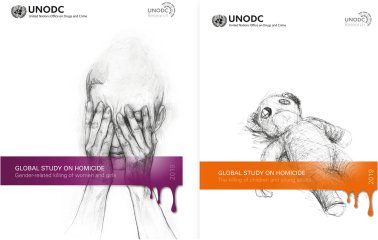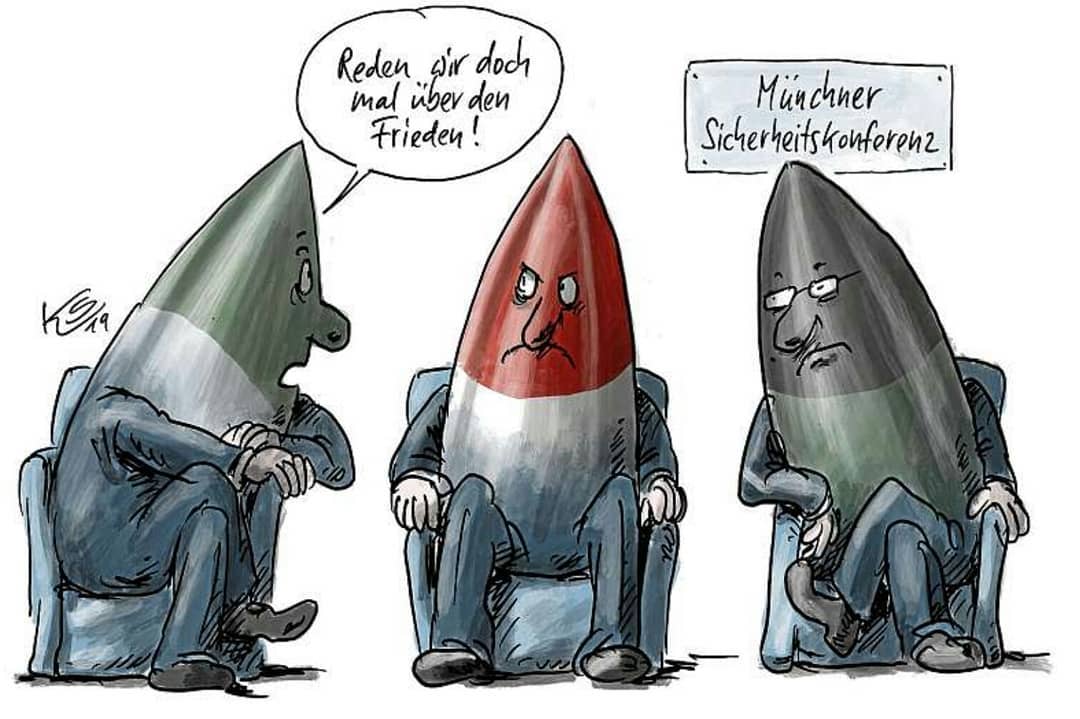One issue that’s been in the headlines for many years is anti-money laundering (AML). When criminals are able to successfully hide the illicit origins of their cash, both the financial institution and society suffer.
Why AML Should be a Top Priority for Financial Institutions
The to-do list for any financial executive is surely daunting. From navigating technology changes to managing talent effectively, there’s many initiatives competing for attention.
One issue that’s been in the headlines for many years is anti-money laundering (AML). When criminals are able to successfully hide the illicit origins of their cash, both the financial institution and society suffer. So, what makes AML more important now than it has been in the past?
Rising up the Priority Ladder
Today’s infographic from McKinsey & Company explains the factors which have brought anti-money laundering urgently to the forefront in recent years.
1. Regulatory Action
Enforcement actions related to AML have been on the rise. Since 2009, regulators have levied approximately $32 billion in AML-related fines globally.
2. Threat Evolution
Criminals are using more sophisticated means to remain undetected, including globally-coordinated technology, insider information, and e-commerce schemes.
3. Reputational Risk
AML incidents put a financial institution’s reputation on the line. There’s a lot at stake: today, the average value of each of the top 10 bank brands is $45B.
4. Rising Costs
Most AML activities require significant manual effort, making them inefficient and difficult to scale. In 2018, it cost U.S. financial services firms about $25.3B to manage money laundering risk.
5. Poor Customer Experience
Compliance staff must have multiple touch points with a customer to gather and verify information. Perhaps not surprisingly, one in three financial institutions have lost potential customers due to inefficient or slow onboarding processes.
It’s no wonder anti-money laundering has now become a top priority for many CEOs in the financial industry.
A Wave of Innovation
In the last five years, there has been an explosion of “RegTech” startups—companies that address regulatory requirements using technology.
Jenna Ross reports: Visualcapitalist.com
A number of factors in recent years have brought anti-money laundering to the forefront for banks and other financial institutions. In this infographic, we explore the various trends, and then look at how innovations in technology are offering new ways to address AML challenges in areas such as customer onboarding, transaction monitoring, and management oversight. In conclusion, we look at how investments in AML can create competitive advantages for financial institutions.
Why AML should be a top priority for financial institutions PDF/ Download








 The fight against money laundering in Canada will require tougher measures that shine a light on the perpetrators who now operate in the shadows, says a new report from the C.D.
The fight against money laundering in Canada will require tougher measures that shine a light on the perpetrators who now operate in the shadows, says a new report from the C.D.


